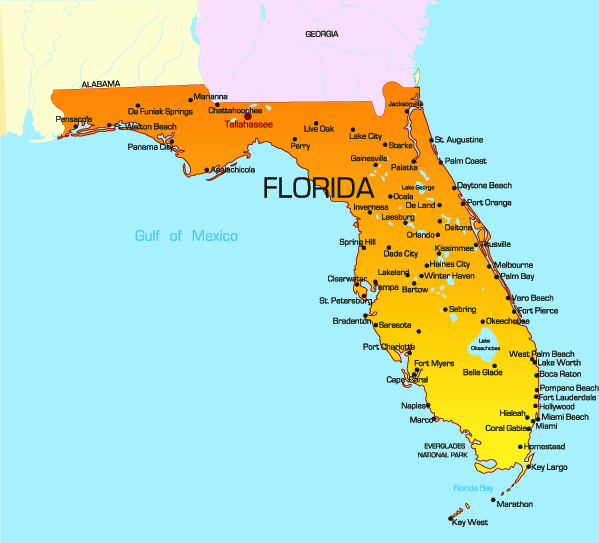Recently, the Florida Irrigation Society (FIS) met with the Florida Department of Business and Professional Regulation (DBPR) Board of Licensing, which is evaluating the challenges and opportunities associated with a possible voluntary state licensing program.
The State of Florida doesn’t currently license contractors, but many Florida counties do.There are roughly 2,100 county licensed contractors in Florida, with about 700 contractors licensed in multiple counties.
To help us gain a better understanding of the issue, we sat down for a little Q&A with Tom Allen, manager of Ewing Irrigation’s Sanford, Fl., branch, who has been an active participant in the discussion relating to voluntary state licensing in Florida.
Q: What are the benefits of voluntary state licensing for contractors?
A: If voluntary state licensing for contractors is adopted, there will be a consistent platform for continuing education units (CEUs) across all counties, making the process of staying current much easier for contractors. Consistent education standards would ensure all contractors receive quality instruction and training, regardless of the provider. These improvements would contribute to an increase in overall knowledge and workmanship, and can lead to a more favorable market condition for contractors.
Q: What are the key arguments against voluntary state licensing?
A: States are often concerned about the cost associated with creating and administering a state licensing exam and program, and how they might be able to fund such programs. The type of exam used is another area that can often serve as a point of contention for various stakeholders, and can further delay the process. Additionally, peripheral issues encountered between various groups may require sensitive handling and management, further complicating the process; for example, some counties in Florida currently require backflow devices to be installed by a certified plumber (versus an irrigation professional).
Q: How does voluntary state licensing typically work?
A: A voluntary state license will allow anyone who has it to work in all Florida counties. If a contractor does not want to take the exam for the state license, s/he will still be able to maintain his/her county licenses, and continue to conduct business. However, voluntary state licensing helps streamline the process, making it easy for contractors because they will only have to contend with one license, one set of continuing education units (CEUs), and one annual renewal payment—as opposed to managing this process in many different counties for contracted work.
Q: What is/are the next step(s)?
A: The State of Florida will investigate and work toward a resolution regarding stakeholder concerns with the backflow requirements, exams, and a “grandfather clause” that would allow contractors that are already licensed by a Florida county to only pay a fee, and then receive the state license. Interested parties can visit www.fisstate.org and contact any of the board members, or the government affairs committee, to stay updated on the latest developments or to become involved.
Q: What is the anticipated timeline for enacting (or rejecting) voluntary state licensing in Florida?
A: The timeline for the resolution of all of these and other factors is unknown, and will depend on the State’s ability to arrive at a resolution that meets their needs, as well as the needs of various stakeholder groups and requirements.
Q: What forums/outlets do contractors or interested parties have for voicing their opinions?
A: The best way to get involved or to voice an opinion would be to contact the Florida Irrigation Society (FIS).




